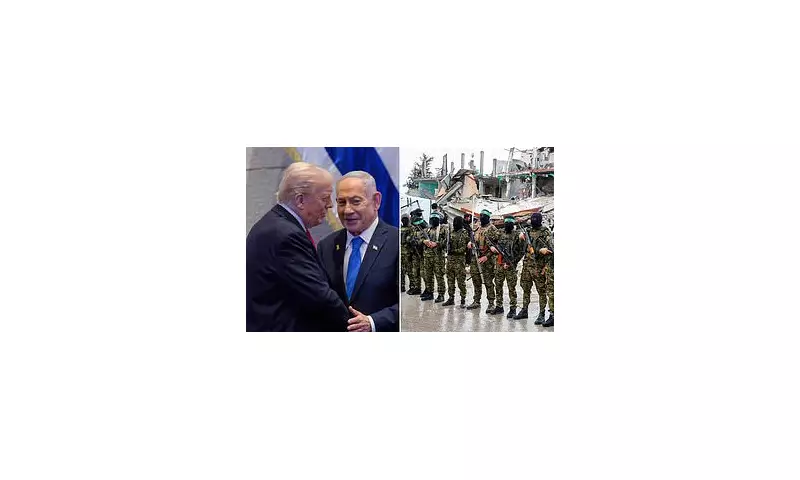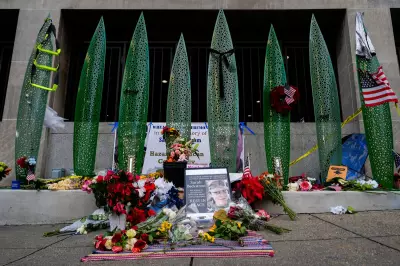
Donald Trump's celebrated Middle East peace agreement, once hailed as a historic breakthrough, now faces an uncertain future as new polling data reveals collapsing support among key stakeholders.
The comprehensive survey, conducted across multiple nations involved in the so-called 'Abraham Accords', indicates a significant erosion of backing for the normalization agreements between Israel and several Arab nations.
Diplomatic Achievement Under Threat
Former President Trump frequently pointed to the Middle East agreements as one of his administration's crowning foreign policy achievements. The deals saw Bahrain, the United Arab Emirates, Sudan, and Morocco establish formal relations with Israel, breaking with decades of Arab consensus.
However, the latest research suggests this diplomatic legacy may be unravelling faster than anticipated, with regional experts expressing concern about the sustainability of these relationships amid changing political landscapes.
Polling Data Reveals Stark Reality
The extensive survey, covering thousands of respondents across the Middle East, paints a troubling picture for supporters of the normalization agreements. Key findings include:
- Sharp decline in public support across Arab nations involved in the agreements
- Growing skepticism about the economic benefits promised by the deals
- Increased pressure on participating governments to reconsider their positions
- Concerns about unresolved Palestinian issues affecting long-term viability
Geopolitical Implications
Analysts warn that the potential collapse of these agreements could have far-reaching consequences for regional stability and US influence in the Middle East. The weakening support comes at a particularly sensitive time, with multiple conflicts simmering across the region.
Foreign policy experts note that the changing attitudes reflect broader shifts in Middle Eastern politics and the complex interplay of regional rivalries that continue to shape diplomatic relationships.
Future of Middle East Diplomacy
As the 2024 US presidential election approaches, the fate of these agreements has become increasingly politicized. The current administration faces the challenge of maintaining these relationships while addressing the concerns that have emerged since the initial signing ceremonies.
The polling data suggests that without significant diplomatic efforts to address underlying issues, what was once touted as a new dawn for Middle East relations may prove to be a temporary arrangement rather than the lasting peace that was promised.





